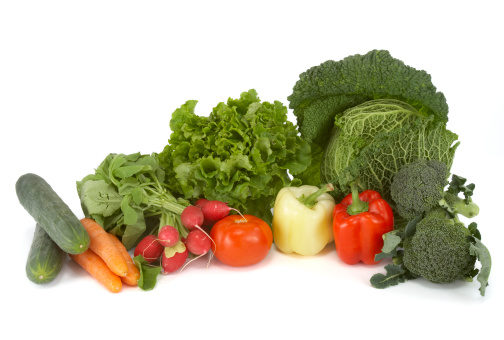OTA announced in a press releasethat a new record was set in the organic food market, with sales reaching $47.9 billion--an increase of 5.9%. A record was also set for organic non-food products, with sales reaching $4.6 billion--a 10.6% increase. These increases, OTA said, outpace the general market: In 2018, total food sales in the U.S. climbed 2.3%; total non-food sales increased 3.7%.
More evidence that consumers--motivated by a desire for food that is clean, fresh, sustainable, environmentally friendly, animal humane and high quality--are making a shift toward organic: OTA reported that 5.7% of the food sold in U.S. is now organic.
"Organic is now considered mainstream. But the attitudes surrounding organic are anything but status quo," Laura Batcha, CEO and executive director of the OTA, said in the release. "In 2018, there was a notable shift in the mindset of those working in organic toward collaboration and activism to move the needle on the role organic can play in sustainability and tackling environmental initiatives."Activism, Batcha added, "is a natural reaction from an industry that is really close to the consumer. When we are in an environment where government is not moving fast enough, the industry is choosing to move to meet the consumer rather than get stalled."
Highlights from the report, as noted by the OTA:
- Fruits and veggies are a major draw, accounting for 36.3% of all organic food sales, with sales rising 5.6% to $17.4 billion. Carrots, greens, apples, bananas, berries, avocados, Brussels sprouts, cauliflower and tropical fruits like mangoes and papayas are popular.
- Dairy is the second-largest organic category, with sales of dairy and egg sales reaching $6.5 billion, up 0.8% from 2017.
- Millennials want transparency and integrity in the food supply chain. These consumers are savvy about misleading marketing, and that makes the USDA Organic seal appealing as it reflects that certification is monitored and supported by official standards and that it encompasses the spectrum of Non-GMO, no toxic pesticides or chemicals, dyes or preservatives.










